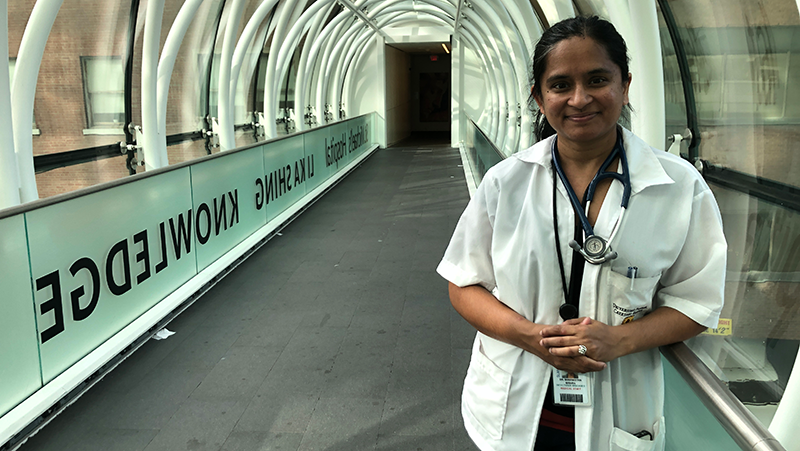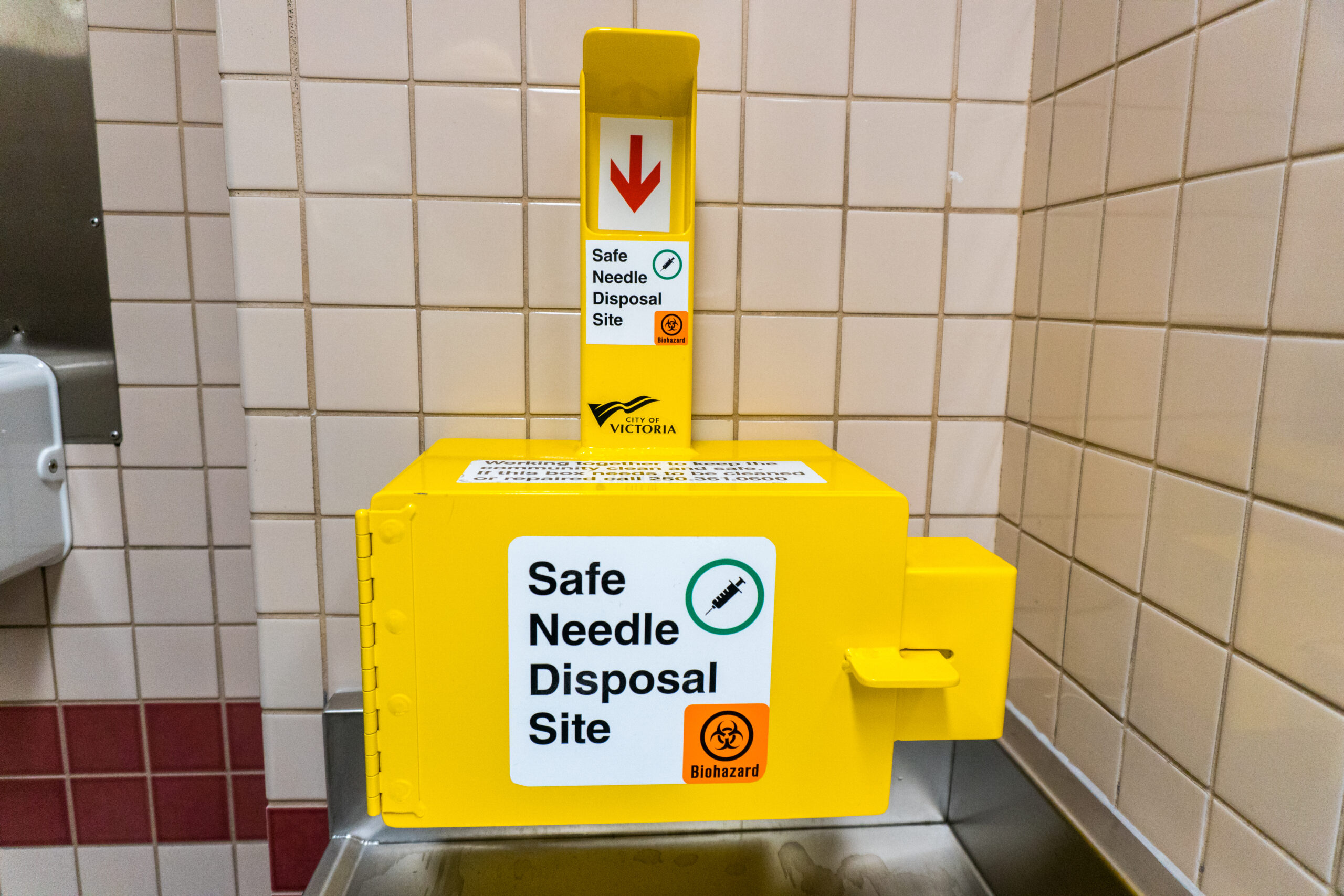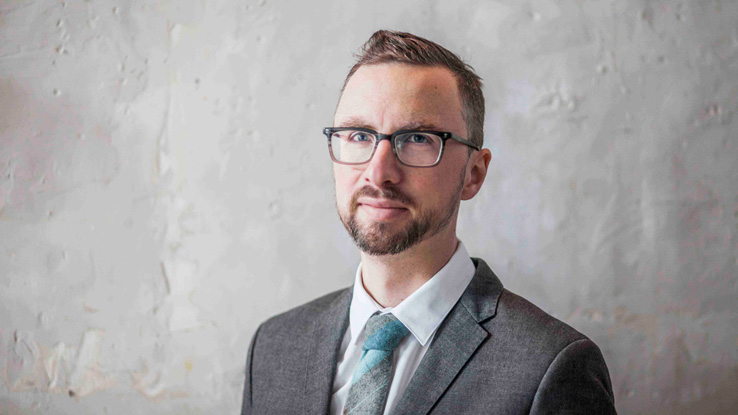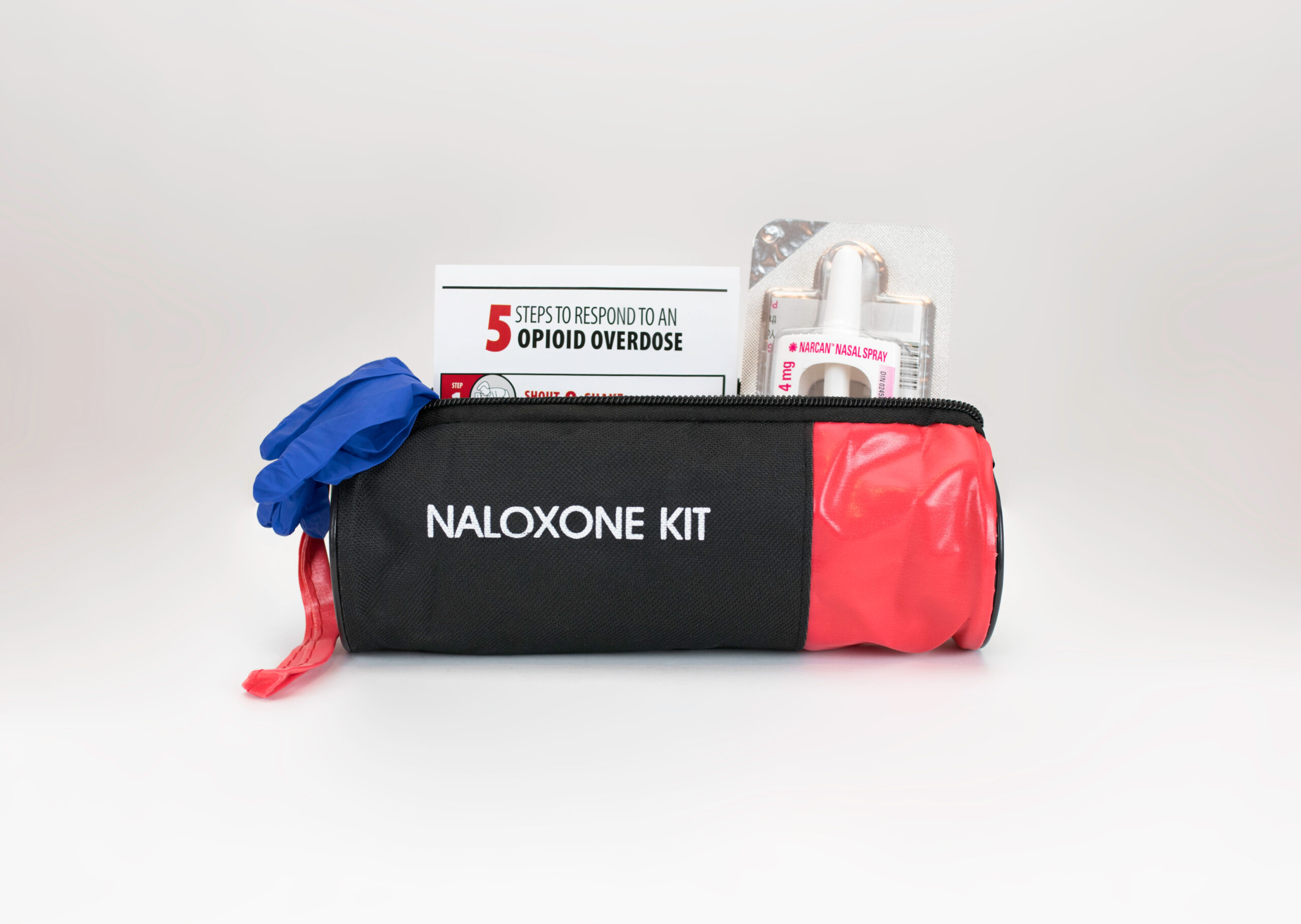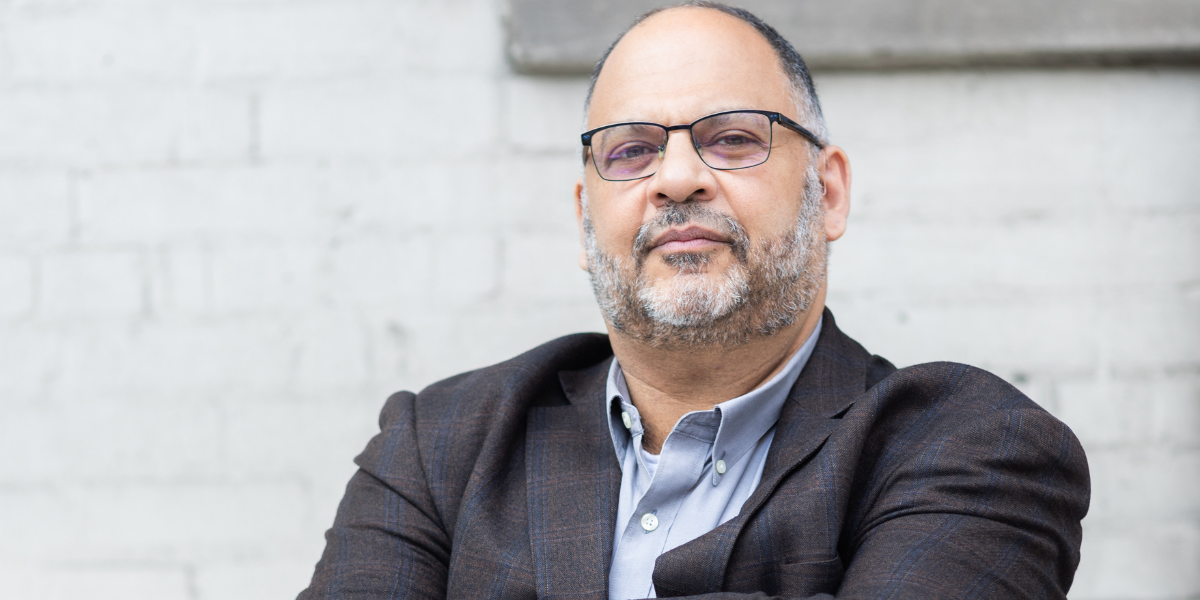Dr. Sharmistha Mishra spoke with Global News about a new study published in the BMJ, that found a single dose of a mpox vaccine, Modified vaccinia Ankara-Bavarian Nordic (MVA-BN), was 58 per cent effective in protecting against the mpox infection.
Author: Samira Prasad
WHO calls for international support amid mpox outbreak in Africa
Dr. Darrell Tan was featured on CBC’s The Current’s episode covering the mpox outbreak spreading across Africa.
Province to close 5 Toronto supervised drug consumption sites
MAP Community Scholar Zoë Dodd, spoke with CBC about the Ontario provincial government’s decision to close several safe consumption sites and the impact it will have on people who use drugs.
Provincial government cracks down on supervised consumption sites
Dr. Dan Werb was a guest on CBC Radio’s Here and Now to speak about the recent closures of several safe consumption sites in Ontario.
Many people at risk never got their 2nd mpox vaccine dose, public health agencies say
Dr. Darrell Tan spoke with The Canadian Press about why people in Canada did not receive second doses of the mpox vaccines, and the importance of improving access to other countries in need of them.
Drug checking in Toronto could be significantly impacted by closure of supervised consumption sites
Karen McDonald, lead for MAP’s Drug Checking Services, spoke with CTV News about the implications closing safe consumption services on drug checking in Toronto.
Experts did not recommend closing Leslieville drug consumption site
Dr. Dan Werb and Zoë Dodd were quoted in this CBC News article covering the Ontario provincial government’s decision to shut down several safe consumption sites.
The province is shutting more than half of Ontario’s supervised consumption sites. Why does it matter to you?
Dr. Ahmed Bayoumi, one of the experts behind a review of safety at consumption sites in Ontario, spoke to CBC Radio about the recent closures throughout the province.
Doug Ford to ban safe injection sites within 200 metres of schools and child-care centres
Dr. Dan Werb spoke with the Toronto Star about the provincial government’s decision to close several safe consumption sites in Ontario.
WHO names mpox a global health emergency for 2nd time as virus surges in Africa
Dr. Darrell Tan spoke with CBC News about the current mpox global health emergency, and the important role of vaccines in curbing it.

